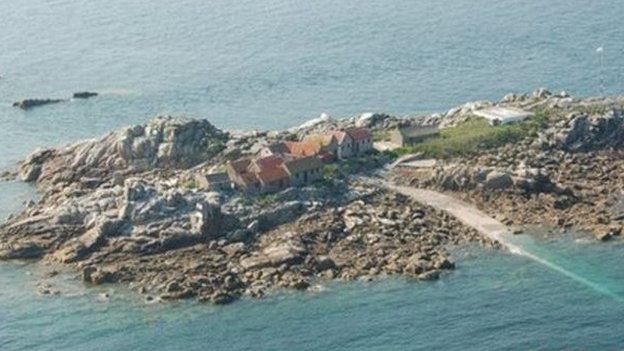Bath scientists find diving birds could be at evolutionary 'dead end'
- Published
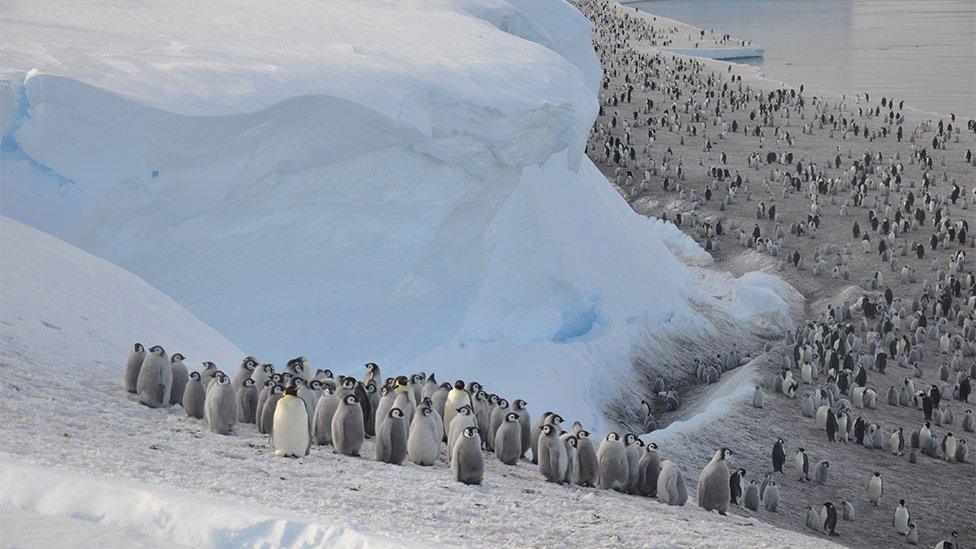
Penguins evolved to dive over millions of years
Birds that dive to hunt could have adapted into an evolutionary "dead end", according to new research.
Scientists at the University of Bath found highly specialised species such as penguins and cormorants could be at greater risk of extinction.
Analysis of 727 species of water birds revealed once they evolve to dive, this trait is never seemingly reversed.
But the researchers are hopeful the discovery can help inform conservation strategies for diving birds.
Joshua Tyler and Dr Jane Younger found less than a third of water birds dive, and there are three different forms of diving, external.
Wing divers such as penguins use their wings to propel themselves through water, while others foot dive - kicking their feet to swim.
Plunge divers such as gulls and gannets dive vertically from the air into the water to catch their prey.

Cormorants are highly adapted to their environment
The researchers found the different forms of diving evolved independently from one another and are ideally suited to the species' environments.
But it leaves diving birds at much greater risk as global warming starts to impact their habitat.
'Massive impacts'
Mr Tyler said: "You can imagine that a slight shift in the range of diets of penguins for example could have massive impacts on penguins and their ability to forage in those environments."
He said on the other hand gulls "will take a chance at anything, even a chip sandwich out of your hand at the seaside".
Mr Tyler continued: "It raises interesting questions about thinking about these species' ability to evolve and how well we think they might change or adapt in the future."
He added that rather than approaching conservation "from a static point of just thinking about today" the research was about "trying to connect these modern changes with these ancestral changes".
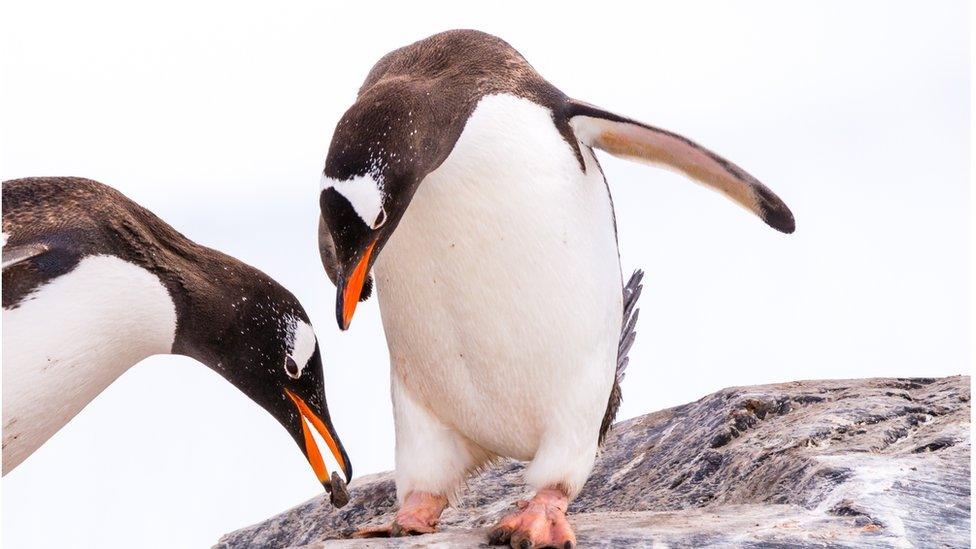
Protecting diving species will be about conservation of "the entire food web"
The researchers did not find any examples of birds that had evolved to dive which subsequently evolved to reverse the trait.
But Mr Tyler said it would only take one example to disprove their theory, and such a finding "would be really exciting".

Follow BBC West on Facebook, external, Twitter, external and Instagram, external. Send your story ideas to: bristol@bbc.co.uk
- Published19 December 2022
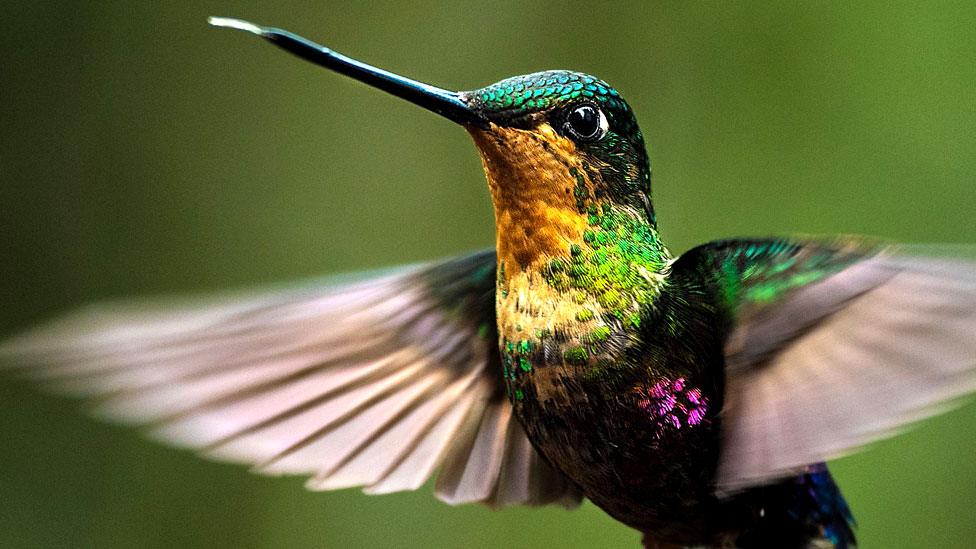
- Published4 October 2022
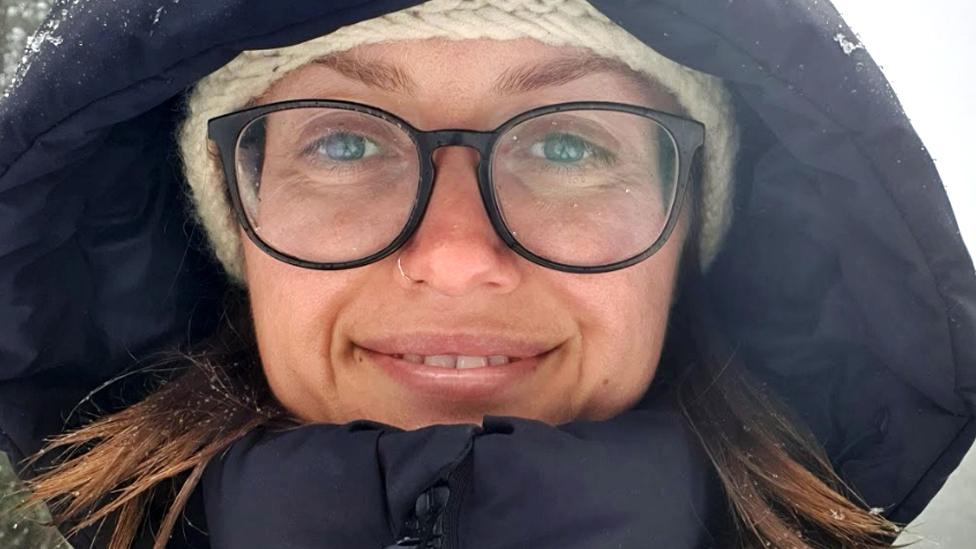
- Published12 April 2022
